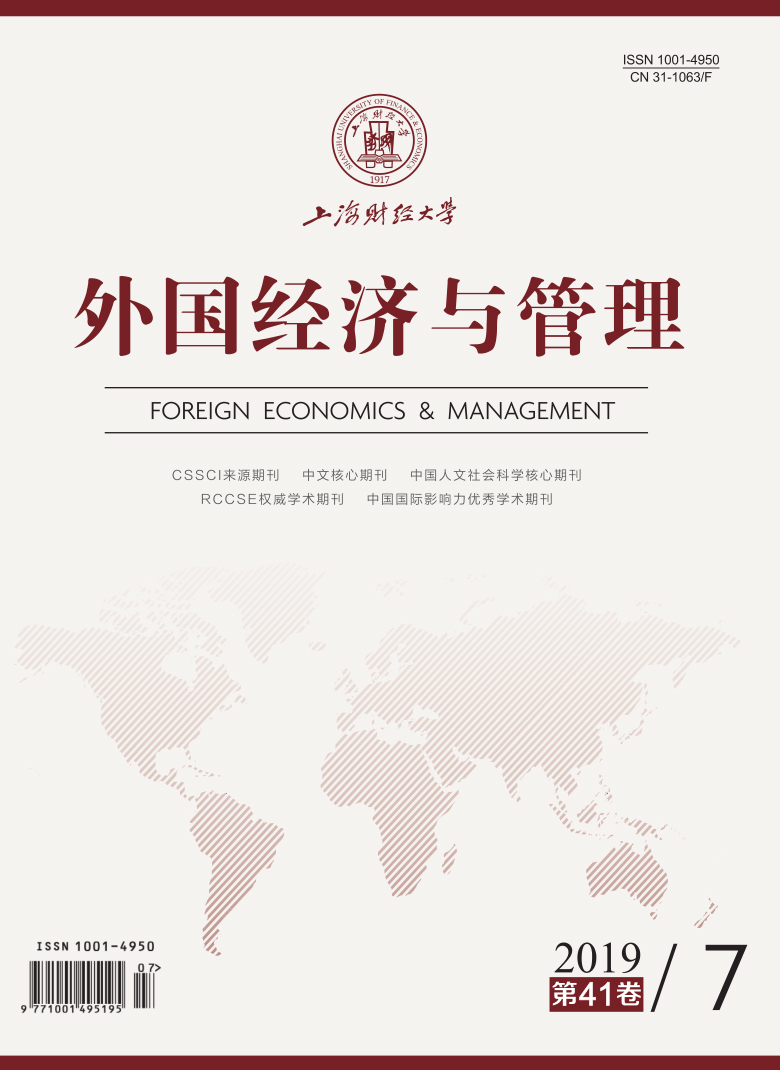The full text is divided into six parts: The first part reflects the current governance dilemma from the governance and research status of accounting fraud, and puts forward the research value and the questions to be answered. The second part introduces the psychological path of fraud behavior decision-making, and demonstrates the role node of rationalization in the psychological decision-making process of fraud behavior from the perspective of the whole process of moral decision-making. The third part introduces the research basis of rationalization factors, including concept connotation, intrinsic motivation and common methods. The fourth part introduces the identification and measurement of the rationalization of accounting fraud, including the two dimensions of capital market accounting research and behavioral accounting experimental research. The fifth part combs the latest progress in the research field of accounting fraud based on two aspects: The first aspect is based on the accounting fraud research of the three elements of fraud, and the second is the research on the mechanism and control strategy of accounting fraud rationalization. The sixth part summarizes the full text and proposes a future outlook.
The analysis and discussion of this paper will lay a solid theoretical and research foundation for the follow-up study. Under the humanity hypothesis of " social people”, the article opens the skylight for the traditional fraud behavior governance scheme relying on compulsory supervision and introduces the emerging governance perspective with emotional intervention as the means and moral self-control as the principle, which helps to make up for the blind spots of governance by traditional compulsory supervision and improve the fraud governance strategy that is more in line with the reality.





 , 3
, 3 11394
11394  18287
18287

